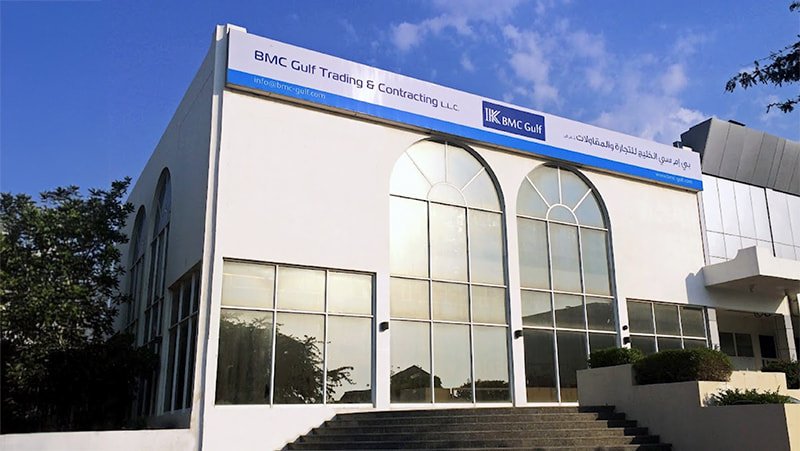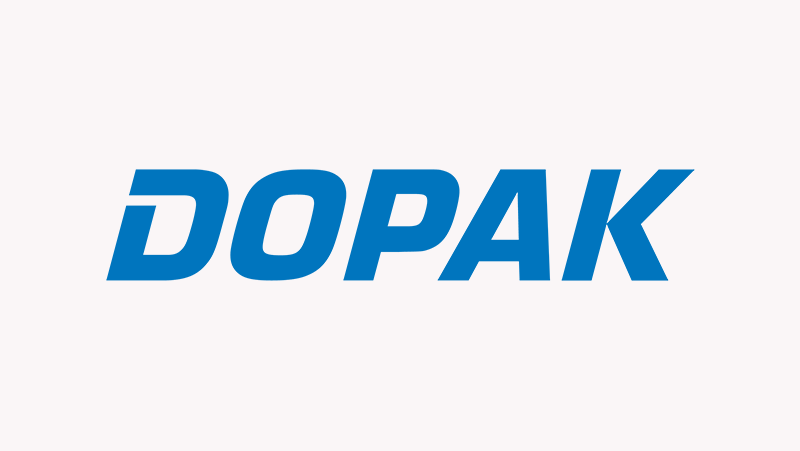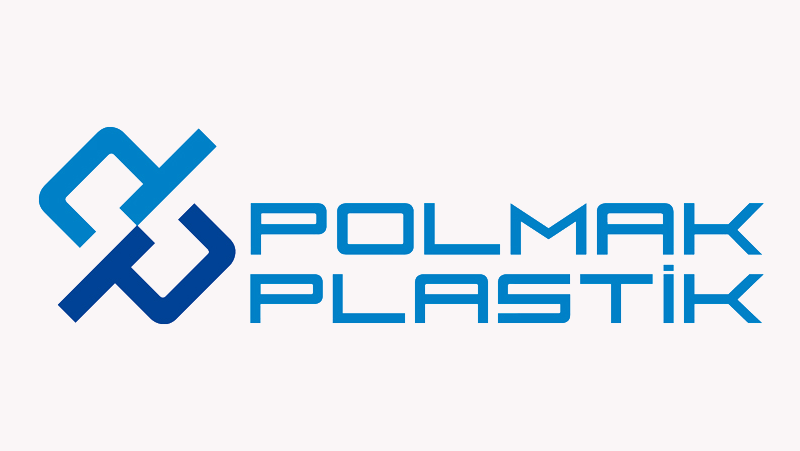Search standard for testing available at SKZ
Search standard for testing available at SKZ
Guideline RAP Stra 15
Testing and certification of construction materials in road construction - for greater safety and durability of road networks
Guideline RAP Stra 15
Testing and certification of construction materials in road construction - for greater safety and durability of road networks
Recognized inspection body
according to RAP Stra 15
RAP Stra 15 is a guideline for the recognition of testing laboratories for construction materials and construction material mixtures in road construction.
The aim of the guideline is to ensure the reliability and comparability of tests and investigations in the road construction sector. Uniform test methods and standards guarantee high quality and accuracy of the results.
The SKZ testing division has extensive expertise and state-of-the-art laboratory facilities to carry out tests and examinations in accordance with the requirements of RAP Stra 15. Due to its capabilities in the field of geosynthetics testing in earthworks, the SKZ has been included in the group of recognized testing bodies.
The guideline aims to ensure that tests and investigations carried out as part of road construction projects are reliable and comparable. Uniform test methods and standards can ensure high quality and accuracy of the results.
The following test methods are used to test geotextiles (GTX-W and GTX-NW) and geotextile-related products:
- Sampling | DIN EN ISO 9862
- Mass per unit area | DIN EN ISO 9864
- Thickness | DIN EN ISO 9863-1
- Maximum tensile strength and maximum tensile elongation | DIN EN ISO 10319
- Tensile strength of seams and joints | DIN EN ISO 10321
- Push-through force | DIN EN ISO 12236
- Characteristic opening width | DIN EN ISO 12956
- Water permeability normal to the plane | DIN 60500-4, DIN EN ISO 11058, DIN EN ISO 10776
- Water drainage capacity in the plane | DIN EN ISO 12958-1
Geosynthetics are flat, synthetic products that are used in geotechnical applications to improve soil properties and overcome technical challenges. They are used to increase the stability of structures such as roads, dams and dykes, prevent erosion and protect the soil from environmental influences. Geosynthetics are often used in geotechnics and landscaping due to their diverse functions and durable properties.
- Ensuring quality
It ensures that the materials and constructions used meet the required technical standards and norms in order to guarantee adequate durability and safety of the road infrastructure. - Comparability
The definition of uniform test methods and requirements enables the comparison of test results between different test centers and laboratories in order to obtain objective and reliable results. - Certification
The recognition of test centers is part of a process to confirm the competence and reliability of laboratories.
The following test methods are used to test
of geosynthetic geomembranes (GBR):
- Thickness of GBR-P | DIN EN 1849-2
- Mass per unit area of GBR-C | DIN EN 14196
- Mass per unit area of GBR-P | DIN EN 1849-2
- Melt mass flow rate (MFR) and melt volume flow rate (MVR) | DIN EN ISO 1133-1 and -2
- Density of GBR-P | DIN EN ISO 1183-1
- Water permeability of GBR-C (impermeability to liquids) or flow rate | DIN EN 16416
- Swelling capacity of GBR-C | ASTM D 5890
- Tensile strength and maximum tensile elongation of GBR-P | DIN EN ISO 527-1 and -3)
- Tensile strength and maximum tensile elongation of GBR-C | DIN EN ISO 10319)
- Compression force of GBR-P | DIN EN ISO 12236
- Tear propagation strength of GBR-P | DIN ISO 34-1, method B
- Montmorillonite content - methylene blue test of GBR-C | VDG P 69
Geosynthetics are divided into water-permeable and water-impermeable products. Water-permeable geosynthetics are referred to as geotextiles and geotextile-related products, such as geogrids and drainage mats. The classic properties of these products include their tensile properties or the strength of the joints if they are not only laid overlapped but also sewn together, for example. Other common properties may include mass per unit area, thickness, punching force, characteristic opening width, water permeability and water drainage capacity in the plane.
For geosynthetic geomembranes, other parameters and test methods are important, such as thickness, MFR, density for synthetic geomembranes and mass per unit area and properties such as swelling capacity and the montmorillonite content of the bentonite in bentonite mats. The key properties of geosynthetic plastic and geosynthetic clay liners are their water permeability and their mechanical properties such as tensile strength, puncture resistance and tear propagation force.
We test geosynthetics

97076 Würzburg
Telefon: +49 931 4104-0
E-Mail: info@skz.de
Route berechnen

97082 Würzburg
Telefon: +49 931 4104-123
E-Mail: training@skz.de
Route berechnen

Köthener Str. 33a
06118 Halle (Saale)
Telefon: +49 345 53045-0
E-Mail: halle@skz.de
Route berechnen

Rauher Grund 9
72160 Horb am Neckar
Telefon: +49 7451 62457-0
E-Mail: horb@skz.de
Route berechnen

Woltorfer Str. 77, Halle G
31224 Peine
Telefon: +49 5171 48935
E-Mail: peine@skz.de
Route berechnen

Weißenbacher Str. 86
95100 Selb
Telefon: +49 9287 99880-0
E-Mail: ezd@skz.de
Route berechnen

Via Buonarotti 175
20900 Monza, Italy
Telefon: +39 039 281561
E-Mail: info@prochema.it
Route berechnen

Str. Iancu Jianu, nr. 26
500178 Braşov, Romania
Telefon: +40 268 412 559
E-Mail: office@plastics-bavaria.ro
Route berechnen

Muntazah Complex (Exit - 25)
Jebel Ali Village - Dubai (VAE)
Telefon: +971 4 8845001
E-Mail: info@skz-me.com
Route berechnen

Ul. Kwiatkowskiego 5a
52-407 Breslau, Poland
Telefon: +48 71 35 84 000
E-Mail: dopak@dopak.pl
Route berechnen

Ikitelli OSB Demirciler Sanayi Sitesi, E2 Blok No:420
34490 Başakşehir İstanbul | Turkey
Telefon: +902126718170
E-Mail: info@polmakplastik.com
Route berechnen


SKZ – Testing GmbH
Friedrich-Bergius-Ring 22
97076 Würzburg
Tel. +49 931 4104-0






